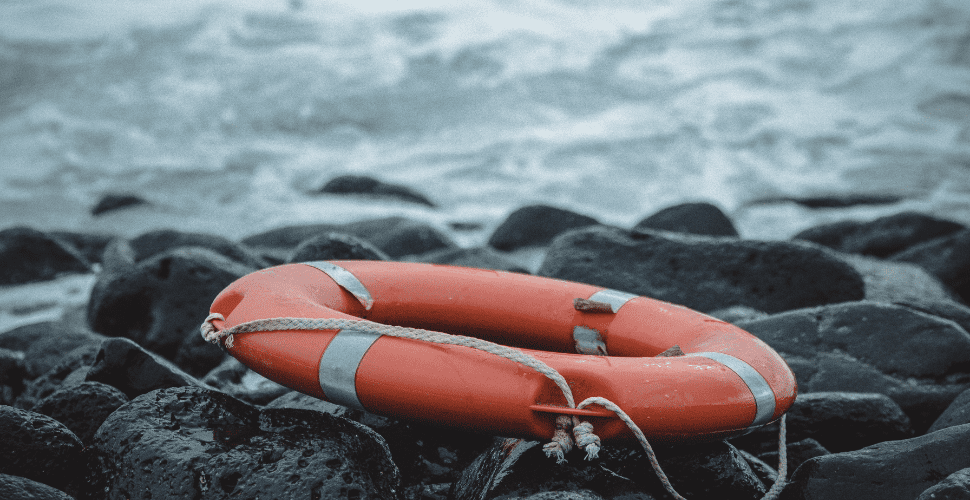“Everywhere in Libya you are robbed, you are beaten,” explains Eladj Ndiaye to AFP. The Senegalese 19-year-old has visible scars on his head and face from when he was beaten by captors who held him for several weeks in Libya.
Eladj is one of the thousands who try to escape torture and abuse in Libya each year via the Mediterranean Sea. He has been rescued by the Geo Barents ship, run by Doctors Without Borders (MSF).
From interviews with survivors and personnel aboard the ship, AFP sheds light on the suffering inflicted on refugees and migrants in Libya.
Tied up and electrocuted
John, 25, fled his home country of Eritrea in 2018. He crossed Ethiopia and Sudan before finally making it to Al Kufra in south-east Libya.
In Al Kufra, he was abducted and sold to a criminal network which then eventually sold him to a second trafficking ring. “I was tied up, beaten, electrocuted,” he told AFP.
After escaping, he attempted to cross the Mediterranean in a dinghy from which he was rescued. While receiving medical attention on the Geo Barents in April, he told AFP that in Libya, “there is no government […] no laws.”
John admitted that he knew the risks when he left Eritrea but went regardless. “We know it’s dangerous. But we want to join Italy,” he said.
Doctors report physical and psychological signs of abuse
Over 31,000 people attempted the sea crossing from Libya to Italy last year, according to the U.N. Many of them will have faced extreme forms of abuse while in Libya, including torture, sexual violence and forced labor.
Some are rescued in international or Italian waters by NGO ships, like Geo Barents, where they receive medical assistance while they wait to be transferred to Italy.
Many of the people rescued by the Geo Barents carry with them the signs of the trauma they have endured in Libya. “We commonly see bullet wounds, burns, evidence of electrocution, lots of beatings,” MSF doctor Mohammed Fadlalla told AFP.
Survivors also present symptoms of psychological distress on the boat: “Fear, difficulty sleeping, flashbacks, anxiety, depression,” says Fadlalla.
Tell the E.U. to stop bolstering this abusive system
The European Union is deeply complicit in the crimes against migrants and refugees in Libya. Around half a billion dollars from the E.U.’s Emergency Trust Fund for Africa has been channelled into Libya for so-called migration management. Moreover, the E.U. and its member states have gone to great lengths to strengthen the capacity of the Libyan Coast Guard to intercept and return people fleeing the country via sea.
The Freedom United community, together with survivors and other civil society groups, are calling for an end to the E.U.’s complicity in this torturous system. Join us today by signing this petition.







Freedom United is interested in hearing from our community and welcomes relevant, informed comments, advice, and insights that advance the conversation around our campaigns and advocacy. We value inclusivity and respect within our community. To be approved, your comments should be civil.